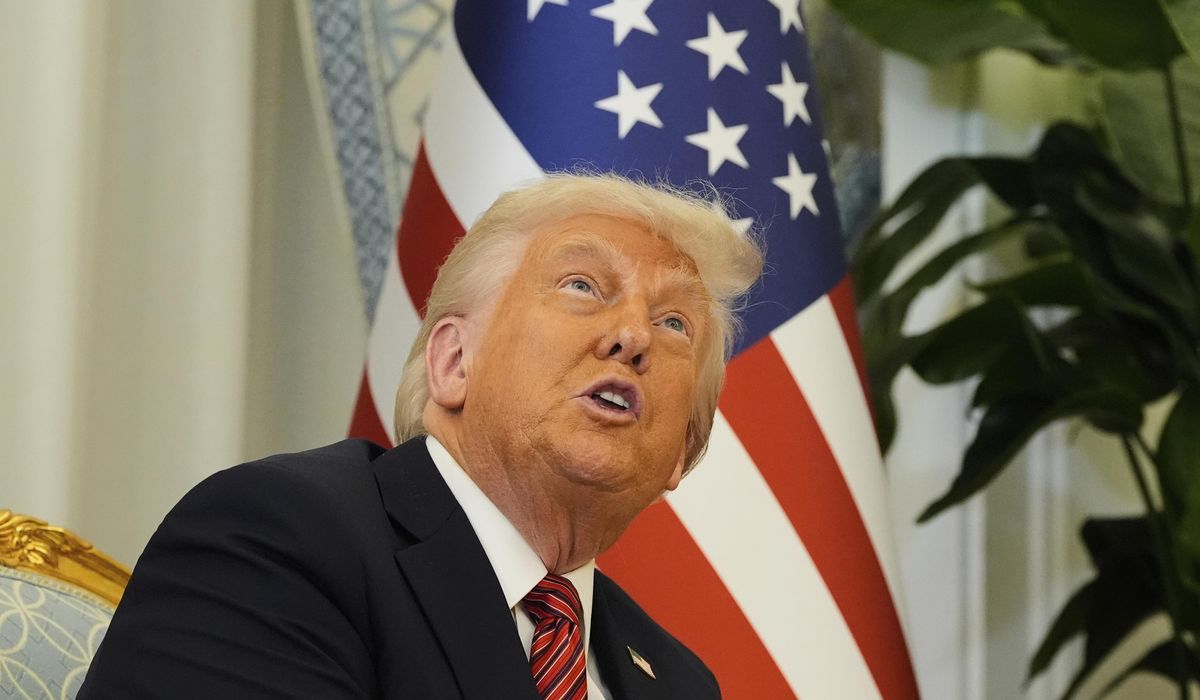


President Trump’s efforts to roll back the criminalization of regulatory infractions are gaining unexpected bipartisan support, representing a significant shift in how federal agencies handle compliance issues. Here’s what you need to know about this developing policy change:
The policy change
Administration addressing regulatory enforcement approach:
The bipartisan support
Unusual coalition forming around initiative:
The historical context
Reform addresses decades-long trend:
The scope impact
Reform affects numerous regulatory domains:
The legal framework
Reform implementation follows specific legal approach:
The business reaction
Economic stakeholders expressing relief:
The criticism concerns
Some stakeholders raising questions:
What happens next
Several key developments are anticipated:
The shift in regulatory enforcement philosophy represents one of the more consequential yet less politically divisive policy changes of the administration, with implications for businesses, individuals and government agencies across numerous sectors of American life.
Read more:
• Trump’s rollback of criminalizing regulatory infractions gets bipartisan support
This article is written with the assistance of generative artificial intelligence based solely on Washington Times original reporting and wire services. For more information, please read our AI policy or contact Ann Wog, Managing Editor for Digital, at awog@washingtontimes.com
The Washington Times AI Ethics Newsroom Committee can be reached at aispotlight@washingtontimes.com.
